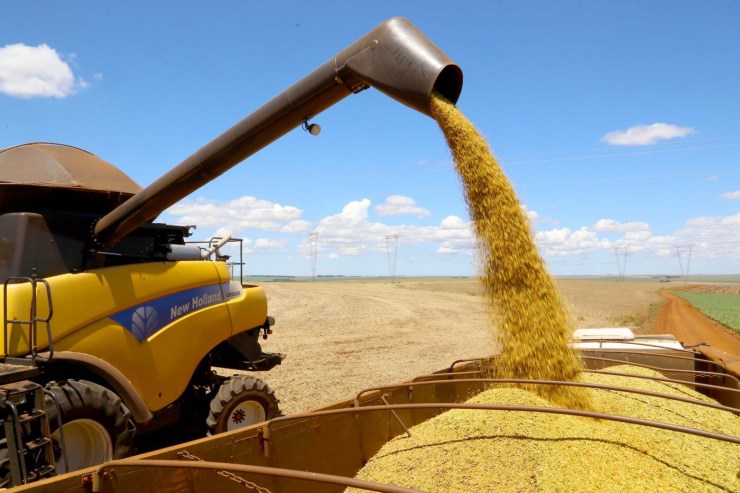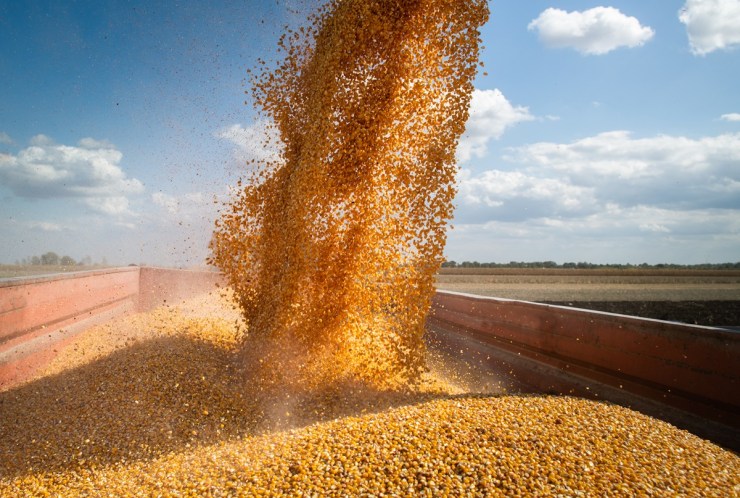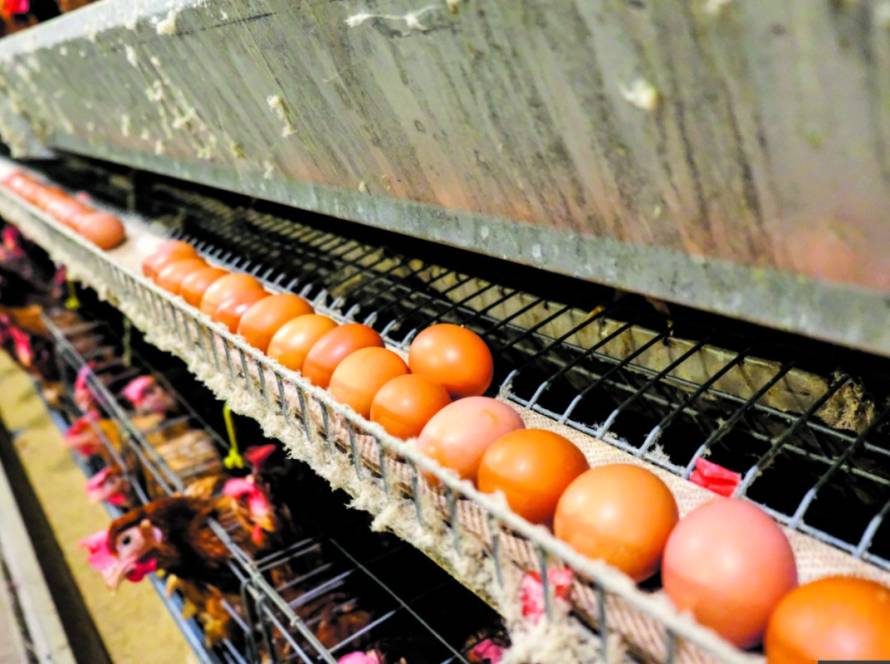Soybeans are Brazil's main agricultural export, and approximately 751 TP4T of these are destined for China. To provide an overview of the challenges facing this market, Larissa Wachholz, coordinator of the Asia department at the Brazilian Center for International Relations (Cebri), discussed China's central role in soybean geopolitics in light of increasing controls and demand during the 7th Seminar "Challenges of Brazilian Leadership in the Global Soybean Market," held this week in Londrina, Paraná.
"We need to evaluate Brazil's perspective on China, its main customer, and also the Chinese perspective, which isn't necessarily comfortable with excessive dependence on a single supplier," she assesses. Larissa also points out that the United States also wants to increase its soybean exports to China and that the two countries are negotiating a trade agreement. "How to deal with this issue, whether by diversifying into new products or opening new markets," she reflects. "We need to be aware of changes in the geopolitical landscape and also in China's internal politics to position ourselves strategically," Larissa explains.
 Regarding international market requirements for soybean exports, Hugo Caruso, director of the Department of Inspection of Products of Plant Origin at the Ministry of Agriculture, states that Brazil has been receiving notifications from China regarding quarantine pests, mainly related to quarantine seeds in soybean shipments, and even reports of soybeans treated with fungicides. "This year, we even had five companies suspend soybean exports, but we managed to reverse the situation by committing to resolve the problem. Therefore, we need to ensure that the entire production chain is aware of its responsibilities to avoid complications in our exports," warns Caruso.
Regarding international market requirements for soybean exports, Hugo Caruso, director of the Department of Inspection of Products of Plant Origin at the Ministry of Agriculture, states that Brazil has been receiving notifications from China regarding quarantine pests, mainly related to quarantine seeds in soybean shipments, and even reports of soybeans treated with fungicides. "This year, we even had five companies suspend soybean exports, but we managed to reverse the situation by committing to resolve the problem. Therefore, we need to ensure that the entire production chain is aware of its responsibilities to avoid complications in our exports," warns Caruso.
Fátima Parizzi, a technical consultant at Abiove, presented the monitoring and control measures that need to be intensified throughout the production chain to minimize notifications from China. "There are areas for improvement, from field production to product shipment, especially regarding the presence of quarantine seeds. The recommendation involves intensifying good agricultural practices in the production field, as well as good storage practices in storage units. This process aims to minimize the risk of notifications," Fátima advised.
To address the legal and regulatory aspects of exporting genetically modified (GM) soybeans to China, the Seminar featured a presentation by Catarina Pires, Director of Biotechnology at CropLife. According to her, regulatory convergence in biotechnology could impact agricultural commodity exports, especially to China. "Currently, Brazil's regulatory framework takes an average of a year and a half to approve GM products, while China has taken an average of five years. This mismatch has an economic impact, but Brazil and China can cooperate to make their regulatory systems more convergent and harmonized. If we overcome this challenge, we will see an increase of over US$1 billion per year for the agricultural product export chain," Pires estimates.





